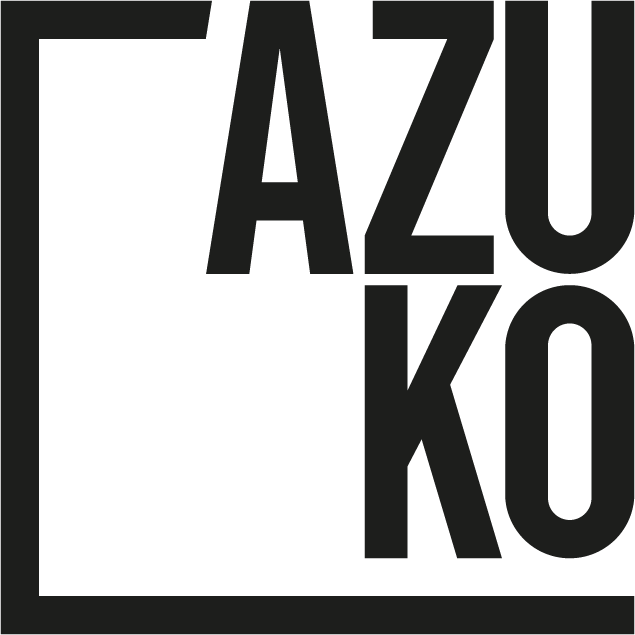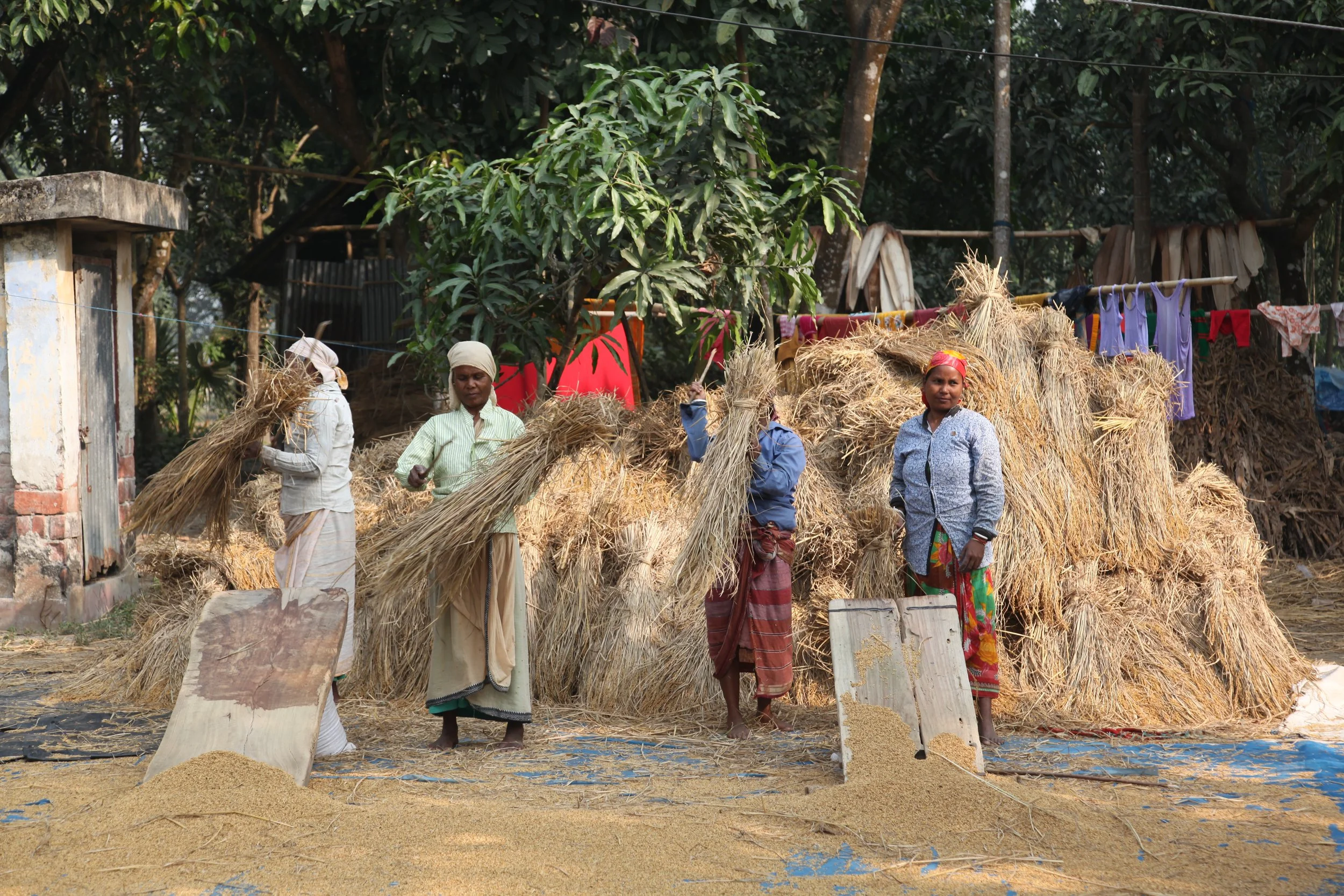We've all said it... "there's just not enough time in the day!" Our lives are packed full, juggling work and family life. But imagine if on top of all that, you had to search for fuel and harvest your own crops to cook breakfast, walk miles to source water each day, repair your house which is continually eroded by flooding... what time would be left to focus on you?
Low income means less investment in the basic infrastructure of our lives, meaning people become time poor. Time poverty is linked to lower wellbeing, physical health and productivity. Ultimately lack of time stops people improving their circumstances, making it much more difficult to rise above poverty. It's a vicious cycle.
“The most difficult part of my day is collecting food to feed my cows. I walk between the padi (rice) fields, cutting grass for a couple of hours, every day after breakfast. It’s back breaking in the heat.”
This burden falls disproportionately on women, who often face additional responsibilities at home. On an average day, women spend three times as many hours on unpaid domestic and care work as men. Too busy to visit the doctor, go to school, or earn money to support their family.
At AzuKo, we recognise this invisible currency, and help reduce the time it takes to complete 'unpaid work' in the home. We teach housing design ideas and share products that are more efficient, and we promote construction materials and techniques that require less maintenance, last longer and have high returns (cheaper over time). Read about our construction training in Bangladesh →
An extra hour saved each day, over the course of a year, would free up more than two weeks. Over a lifetime that would mean three years – precious time to build a brighter future.
Imagine what you could do with that extra time?
Author: J. Ashbridge









